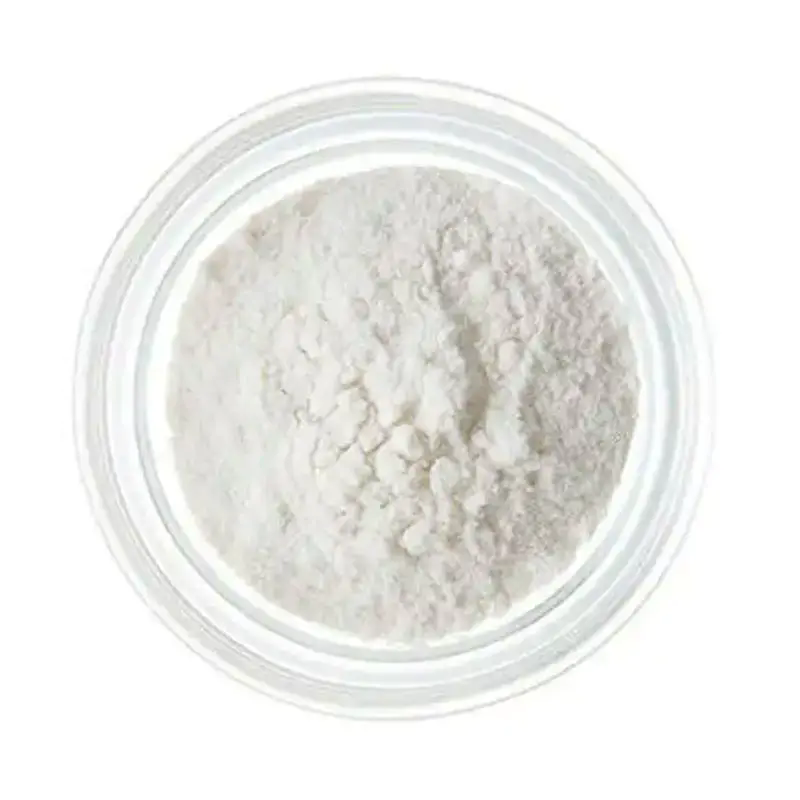What Makes Polyester Raw Material Essential in Today's Textile Industry?
2024-11-19
Polyester, one of the most widely used synthetic fibers in the world, plays a pivotal role in the textile industry. From clothing to home furnishings and industrial applications, polyester raw material has become a go-to choice due to its versatility, durability, and cost-effectiveness. But what exactly makes polyester raw material so essential, and why is it such a dominant force in modern manufacturing? In this blog, we’ll explore the key benefits, production processes, and applications that make polyester raw material indispensable in today’s global market.
What Is Polyester Raw Material?
Polyester raw material refers to the unprocessed form of polyester that is used in the production of various textile products. Typically derived from petroleum-based products, polyester is made by polymerizing chemicals like terephthalic acid (PTA) and ethylene glycol (EG) through a process called polymerization. This results in a long-chain polymer that is then spun into fibers or used to create films and resins.
There are different forms of polyester raw material, including polyester fiber, polyester chips, and polyester filament yarn. These raw materials are the starting point for manufacturing a wide array of polyester-based products, such as clothing fabrics, upholstery, ropes, and industrial materials.
Why Is Polyester Raw Material So Popular?
The popularity of polyester raw material can be attributed to several unique properties and advantages that it offers over other fibers. Here’s why polyester remains the material of choice for many industries:
1. Durability and Strength
Polyester is known for its high tensile strength, which makes it a durable and long-lasting material. Products made from polyester raw material tend to resist stretching, shrinking, and damage from wear and tear. This makes it an ideal choice for products that need to withstand heavy use, such as clothing, upholstery, and outdoor gear.
Moreover, polyester is resistant to abrasion and wrinkling, which reduces the need for frequent maintenance and prolongs the lifespan of polyester-based items.
2. Moisture-Wicking Properties
One of polyester’s standout features is its moisture-wicking ability, making it perfect for activewear and sports textiles. Polyester fibers absorb minimal moisture, which helps keep the wearer dry by allowing sweat to evaporate quickly. This moisture resistance also contributes to the fabric’s ability to dry faster, enhancing its suitability for outdoor apparel and other functional textiles.
3. Cost-Effectiveness
Compared to natural fibers like cotton or wool, polyester raw material is relatively inexpensive to produce. The production process is highly efficient, and polyester fibers can be mass-produced at a lower cost. This cost-effectiveness makes polyester an attractive option for manufacturers and consumers alike, especially in industries that rely on high-volume production.
4. Versatility in Design and Use
Polyester raw material is incredibly versatile and can be used for a wide variety of textile applications. It can be woven, knitted, or spun into yarn, making it adaptable for creating different fabric types. Whether it’s used for lightweight fashion fabrics or heavy-duty industrial textiles, polyester raw material is flexible enough to meet diverse needs.
Additionally, polyester is easily blended with other fibers, such as cotton, wool, or elastane, to create hybrid fabrics that combine the benefits of both materials. This opens up further possibilities in product design, from wrinkle-resistant shirts to stretchy leggings.
5. Environmental Benefits (Recycled Polyester)
With the growing concern about environmental sustainability, recycled polyester, also known as rPET, has gained popularity as a more eco-friendly alternative. Recycled polyester is made from post-consumer plastic waste, such as used plastic bottles, and is processed into new fibers. This not only reduces the need for raw petrochemical-based materials but also helps minimize plastic waste in landfills.
The use of recycled polyester has expanded in recent years, especially in the fashion industry, where it is now used to create eco-friendly clothing lines. By using recycled polyester raw material, companies can help reduce their carbon footprint and contribute to a more sustainable future.
What Are the Major Applications of Polyester Raw Material?
Polyester raw material is used in a vast range of industries and applications. Some of the key areas where it’s most commonly found include:
1. Apparel and Textiles
The textile industry is by far the largest consumer of polyester raw material. Polyester fabrics are used in everything from casual wear, work uniforms, and formal clothing to activewear and performance fabrics. Its durability, moisture-wicking properties, and resilience make it an excellent choice for clothing that must stand up to daily wear.
2. Home Furnishings
Polyester is widely used in home furnishings, including curtains, upholstery, bedding, and carpets. Its resistance to stains, mildew, and shrinking makes it ideal for home textiles that need to withstand frequent cleaning and exposure to the elements.
3. Industrial and Technical Applications
Beyond fashion and home textiles, polyester raw material is also used in industrial applications. For example, polyester-based ropes, filters, geotextiles, and reinforced composites are common in construction, transportation, and agriculture. The material’s strength, durability, and cost-effectiveness make it suitable for these more demanding applications.
4. Packaging and Plastic Films
Polyester is not limited to fibers—it also plays a significant role in the packaging industry. Polyester films are used in food packaging, labels, and even electronics packaging due to their strength, clarity, and moisture resistance. The films are lightweight, versatile, and offer excellent protection for products.
Conclusion: The Growing Importance of Polyester Raw Material
As we’ve seen, polyester raw material offers a wide range of benefits, including durability, cost-effectiveness, moisture-wicking properties, and versatility. These advantages make it a key material in the textile industry and beyond, from fashion to industrial applications.
With the growing trend of sustainability and the rise of recycled polyester, the demand for polyester raw materials is likely to continue. It’s clear that polyester will remain a cornerstone in the development of innovative and functional textiles, playing an essential role in meeting the needs of modern consumers and industries alike.
Whether you’re in the fashion, home furnishings, or industrial sectors, polyester raw material remains an invaluable resource, shaping the future of many products and applications.



